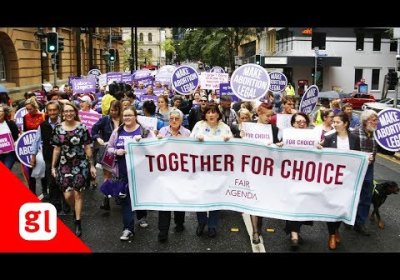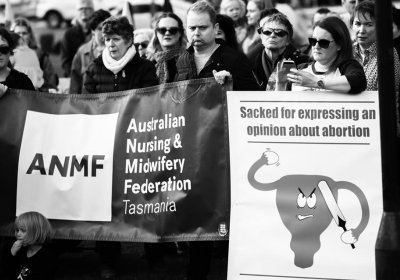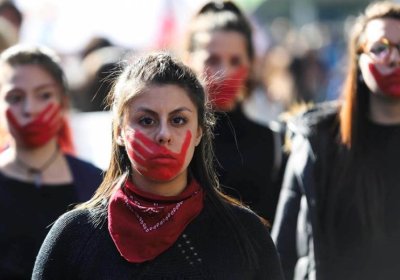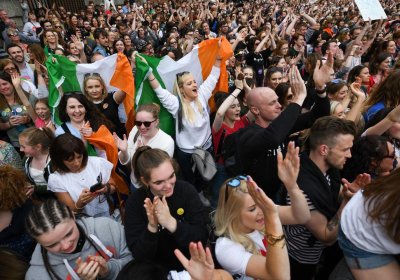One thousand people braved miserable weather to take part in the largest abortion rights rally in Brisbane in decades. The rally was timed to occur in the week leading up to an historic parliamentary vote that could bring in much needed abortion law reform in Queensland.
Abortion
Queensland parliament will finally start debating whether to make abortion legal on October 16.
A parliamentary vote to remove abortion from Queensland’s Criminal Code and treat it as a health issue could happen on October 16.
The Tasmanian Liberal government might have hoped that by announcing on July 2 that it had secured an abortion provider whose services are due to open in October, the “abortion issue” might have gone away.
It is a vain hope.
Cricket Australia's decision to sack Angela Williamson on June 29 because of her tweets campaigning for abortion access in Tasmania, and her subsequent decision to go public and appeal to the Fair Work Commission, has reignited the issue.
Three women were stabbed during a march to demand free, safe and legal abortions by a group of hooded people who assaulted protesters in Chile’s capital, Santiago.
About 40,000 women attended the march on July 25, carrying signs that read “the rich pay for it, the poor bleed out” and “women marching until we are free.” The march was in support of an abortion bill introduced to Congress that day by legislator Guido Girardi, from the opposition Party for Democracy.
The abortion debate is continuing in Argentina with senate commissions rejecting modifications to the original bill that would have made abortions more difficult to obtain.
Conservative modifications were made to the original bill and voted on August 1 in the three commissions (health, justice and constitutional affairs) currently debating its contents before the bill heads to the full Senate on August 8.
Activists can see the light at the end of this very long tunnel, and are pushing for the Queensland parliament to vote to legalise abortion rights.
Melbourne’s Royal Women’s Hospital (RWH) has decided to halve its funding for the Pregnancy Advisory Service (PAS), a vital Melbourne service.
This decision is particularly baffling in the light of the health minister’s commitment to fund a state-wide service which, by all accounts, would have gone to the RWH. Tragically, the RWH has backed away and instead decided to reduce the service.
The funding was picked up by Women’s Health Victoria to develop 1800 My Options, an online, state-wide phone service providing information on sexual and reproductive health service.
For the past month, Chile has been moving to the beat of demonstrations and university occupations carried out by a historic feminist movement calling for non-sexist education and an end to harassment and gender inequality, write Clémence Carayol & Mathieu Dejean.
Women’s and LGBTI rights activists presented Venezuela’s National Constituent Assembly (ANC) with a series of proposals to legalise abortion and expand sexual and reproductive rights on June 20. This comes in the wake of the vote in Argentina’s Congress to legalise abortion, and at a time when the issue of abortion has gained added importance given the impact Venezuela’s economic crisis has had on women.
The British government could intervene to extend reproductive rights to Northern Ireland but it chooses not to, writes Kellie O’Dowd from Northern Ireland’s Alliance for Choice.
Supporters of equality will be surprised to learn that of three motions supporting abortion rights scheduled for debate at the NSW state Labor conference June 30-July 1, party officials are recommending that two be rejected and the third be sent off for further consideration.
- Previous page
- Page 3
- Next page









